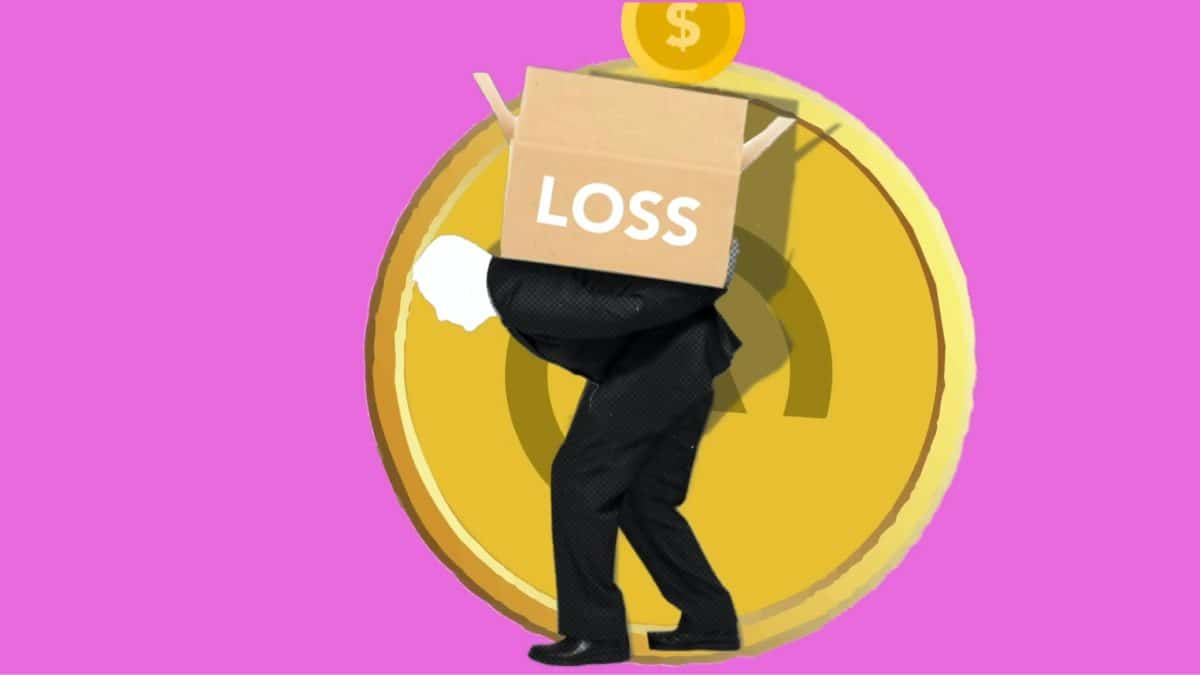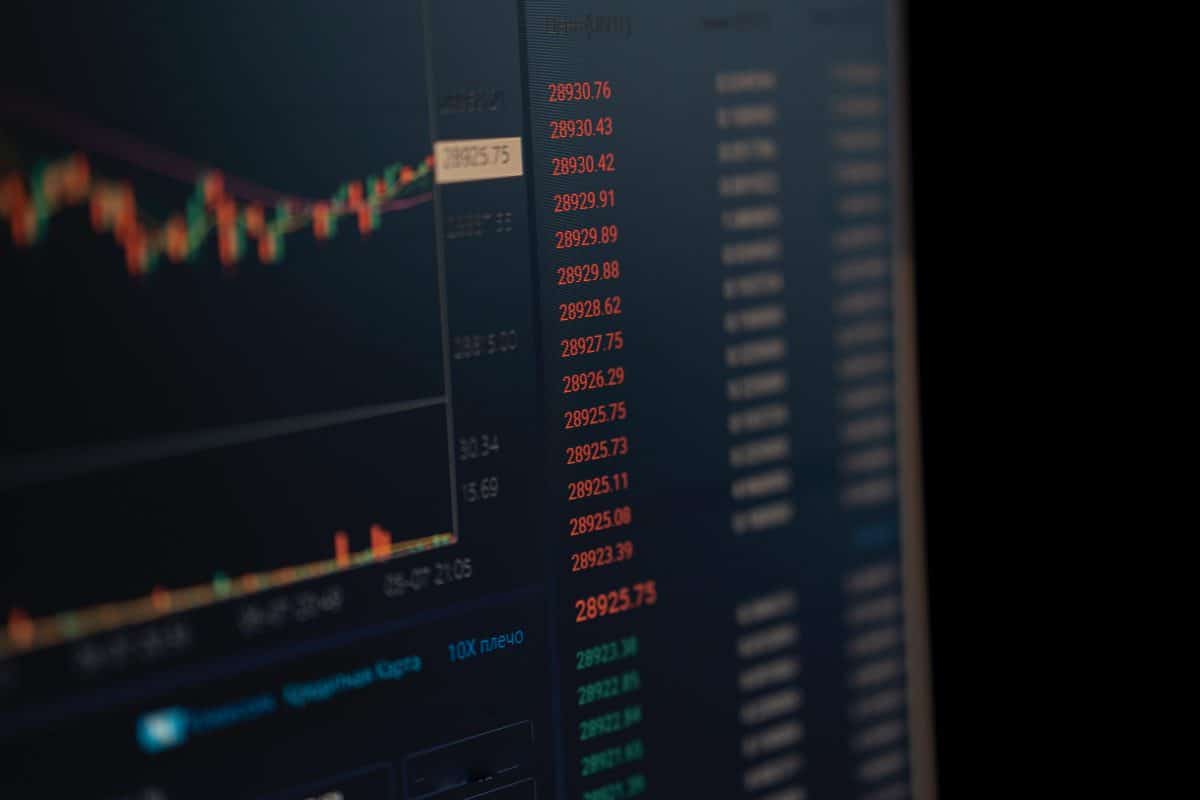Regulating the cryptocurrency sector is always going to be a challenge. The Securities and Exchange Commission (SEC) has been at the forefront of crypto regulation in the USA. Given the importance of the American market, regulatory developments have ramifications globally. Gambling is already under heavy scrutiny in most countries, and the nexus of cryptocurrencies and gaming presents fascinating issues.
SEC Sues Binance And Coinbase
The SEC sent shockwaves in early June 2023 by filing lawsuits against two major crypto exchanges, Coinbase and Binance. Coinbase is America’s most prominent exchange, while Binance is the largest exchange globally.
SEC CEO Gary Gensler has escalated action against crypto entities to the highest level since his appointment two years ago. The agency’s chair has carried through with his previous comments about bringing order to the ‘Wild West’ of crypto trading.
The lawsuits allege that these exchanges have violated securities laws by allegedly offering securities without proper registration. These exchanges are responsible for billions of dollars worth of crypto commerce everyday, and the lawsuits rocked the industry.
This fight will likely become an existential fight for centralized crypto exchanges. Notably, both have denied the allegations and claimed they have always complied with the SEC requirements. Binance also faces more serious allegations of misleading users on its ability to prevent market manipulation and insider trading. The charge of securities laws violations is significant enough.
One of the fundamental questions that emerges from the drama is what exactly qualifies as security. The SEC has previously gone after major crypto projects like Ripple (XRP) and Telegram Open Network (TON) over similar alleged violations. In the case of TON, the project had to effectively shut down after conducting a billion-dollar initial coin offering (ICO).

Defining Crypto Securities Remains A Challenge
The SEC will have to be more comprehensive in defining the line between cryptocurrencies that fall under its scope and those that don’t. This agency has indicated that coins and tokens generally operate without the team promising to invest user money for returns and not securities. Decentralized projects like Bitcoin fall under this category.
If the SEC prevails and forces crypto exchanges to register, it could have significant ramifications. For one, exchanges could delist targeted tokens like Polygon and Solana to only offer coins that will not invite the SEC’s scrutiny. The SEC has targeted many other crypto service providers in the past but none of this size, with such massive operations.
The spectacular collapse of the crypto exchange FTX may have provided the impetus to take sterner action against the big boys. FTX, led by controversial CEO Sam-Bankman Fried went down unbelievably, revealing terrible corporate governance practices at the heart of a vital exchange. This collapse was a black eye on the industry and caused the US Congress to hold hearings on the unfolding crisis.
Some Cryptocurrencies Are On SEC’s Radar
Even though the exchanges’ lawsuits take the headlines, some cryptocurrencies feel the heat from this crackdown. The lawsuit named Decentraland (MANA), Solana (SOL), Sandbox (SAND), and a few others as cryptocurrencies the SEC considers securities.
These coins took some heat, losing billions in collective market capitalization once the lawsuits dropped. To break it down further, the SEC considers these assets as company shares where you buy shares and rely on the company’s leadership to make decisions that will make the shares earn dividends. This categorization can seem arbitrary, but markets are going with SEC labeling on various crypto tokens.
That said, coins like Bitcoin and Ethereum are not securities per the SEC. These coins have excellent decentralization, and their prices don’t depend on the actions of the leadership to generate profits for coin holders. It appears that projects with a high level of decentralization and depend on markets and the coin community for pricing. Notably, when the development team retains a decisive role in the token performance, even after launch, the project could be deemed a security.
Relevance For Crypto Gambling Enthusiasts
Crypto gaming enthusiasts must take note of coins and tokens that attract SEC scrutiny. It is not a given that these projects will sink, but their immediate future becomes uncertain. Ripple Labs had legal problems with the SEC but now seems to be out of the woods.
Still, basic cryptocurrencies with high decentralization are generally safe from the SEC’s tentacles. Crypto gamers can still wager using the indicted tokens but will find it increasingly difficult to trade for them if exchanges begin delisting tokens under pressure from the SEC.
Notable online crypto broker, eToro has delisted some of the coins targeted by the SEC.
Therefore, the lawsuits will cause some inconvenience for now in terms of targeted cryptocurrencies. However, the impact will be significant if the exchanges are forced to delist them completely, and their project developers are forced to shut down. In the meantime, crypto users will continue to trade and wager using these cryptocurrencies and unaffected ones like Bitcoin without a problem.
BC.GAME Is A Complaint Crypto Gambling Exchange

Gaming itself has significant regulations in multiple jurisdictions. BC.GAME has sought to comply with regulations in its operational areas with licenses like the UK Gambling Commission, the Malta Gaming Commission, and the Curacao Gaming License to make operations official. Users can wager on various slot games, live dealer games, and various sports betting markets on BC.GAME.
Crypto users are tracking the SEC’s moves very closely. These developments can shape the industry fundamentally. Till then, gaming enthusiasts can utilize unaffected coins to wager seamlessly on BC.GAME.











